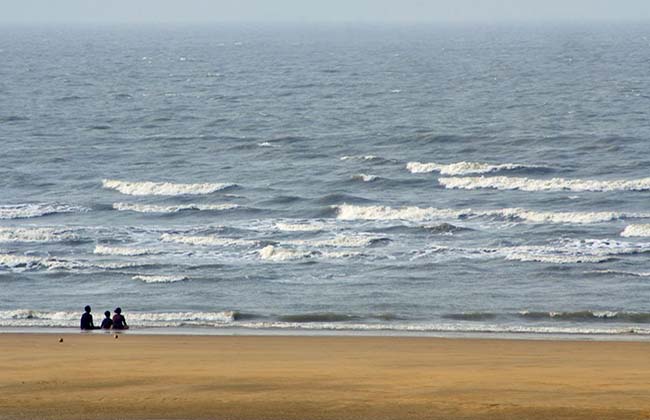
Bangladesh is geographically blessed as the country is located on the Bay of Bengal. The Bay of Bengal has long been contributing significantly to Bangladesh’s economic growth. The bay is not only a means for making money, but also a limited and vulnerable asset which requires careful management to get the most out of it. Ocean selflessly offers its bounty to us but we have not been able to exploit the abundance of treasures beneath it.
Data shows that Bangladesh has 118,813 square kilometres of maritime area and more than 30 million people directly depend on oceanic economic activities like fisheries and commercial transportation. But still, Bangladesh is lagging behind in exploiting its blue economy potential due to lack of technology and efficient manpower. As in Bangladesh, we do not even have adequate surveys to learn about and identify maritime resources, and so, the country has not been able to harness the full potential of its resources.
There is an abundance of resources under the blue ocean which can serve us for generations. It needs no emphasising that safe and environmentally sustainable extraction of sea resources will make a remarkable contribution to the wellbeing of our future generations and sustainable economic growth. Also successful extraction of ocean resources can help the country eradicate poverty, ensure food security and generate sustainable as well as inclusive employment. In this regard, Bangladesh needs to leverage conservation and utilisation of marine and coastal ecosystems in an efficient manner.
It is discomforting to note that some 800 million tonnes of fish are caught in the Bay of Bengal every year but most of them are done by India and Myanmar. In this regard, formulating a “National Blue Ocean Economy Development Policy” has become a demand of time for Bangladesh. We have a large deposit of marine resources. There is enormous possibility of exploring economic benefits out of the Bay of Bengal like deep sea fishing, tourism, port, marine transportation, and oil and gas exploration. Experts are of the opinion that though Blue Economy lends significant contribution towards eradicating poverty and ensures food security, it needs a balanced approach between conservation, development and utilisation of marine and coastal ecosystems.
Bangladesh has successfully resolved delimitation of its maritime boundary. The country is now also financially and technically capable of exploiting its huge maritime resources. Reportedly, several years ago, the Blue Economic Cell decided to conduct multi-client seismic surveys to verify the probability of acquisition of oil and gas in the larger area of the Bay of Bengal, unfortunately yet its progress has been insignificant. In this regard, an immediate need for developing an integrated coastal management system in order to explore new offshore gas reserves emerges. We must nurture what we have, and in order to do that, we need to learn and identify the amount of resources available in the sea. To this end, new technology and support of adequate and quality research are pertinent. Also for harnessing the full potential of the Blue Economy, stepping up by the private sector has become more than a necessity. It is envisaged that the private sector can play a crucial role in improving the country’s maritime research and surveys. We hope the government and its departments concerned will look forward to involving the private sector in its coastal development and management plan.


